Keywords: Economic Benefits
-

INTERNATIONAL
- David Halliday
- 13 December 2024
In 2024, a fifth of Americans reported having no close friends, and the number is growing, especially among those without college degrees. So what are the societal structures behind this crisis in loneliness, and how we can rebuild meaningful connections?
READ MORE 
-

AUSTRALIA
- Joe Zabar
- 28 November 2024
As cost-of-living pressures weigh heavily on Australians, could mission-driven organisations like charities and not-for-profits disrupt markets by prioritising people over profit? Empowering these organisations to compete in key markets may result in more equitable systems that address community needs.
READ MORE
-

ECONOMICS
- David James
- 10 September 2024
2 Comments
As continued high interest rates and stagnant incomes put a strain on households, leading more Australians give up on the dream of home ownership, government attempts to manage both the cost of living crisis and the housing crisis may be doing too little too late.
READ MORE
-
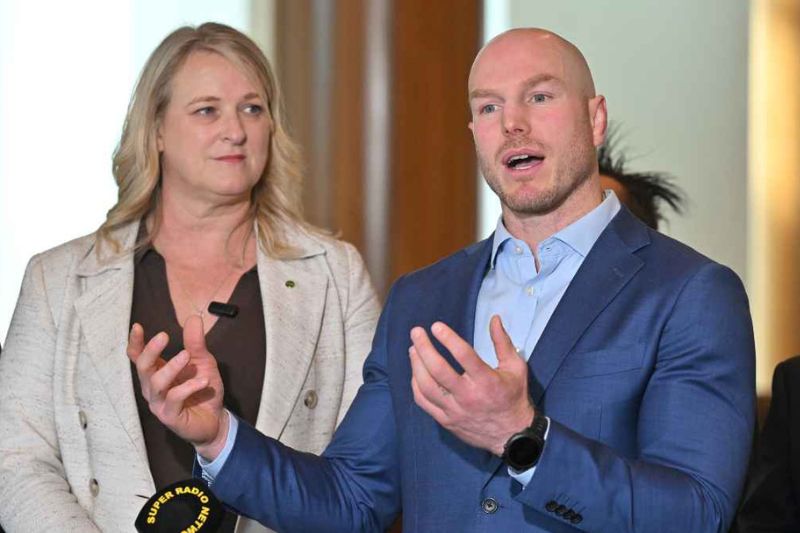
ECONOMICS
- David James
- 23 August 2024
1 Comment
The term 'reform' carries an ambiguous weight. It can signify progress but just as often masks harmful change. Paul Tilley’s Mixed Fortunes explores the messy evolution of Australia's tax system, revealing how reforms, far from delivering clarity or fairness, reflect deeper ideological struggles over power and economy.
READ MORE 
-
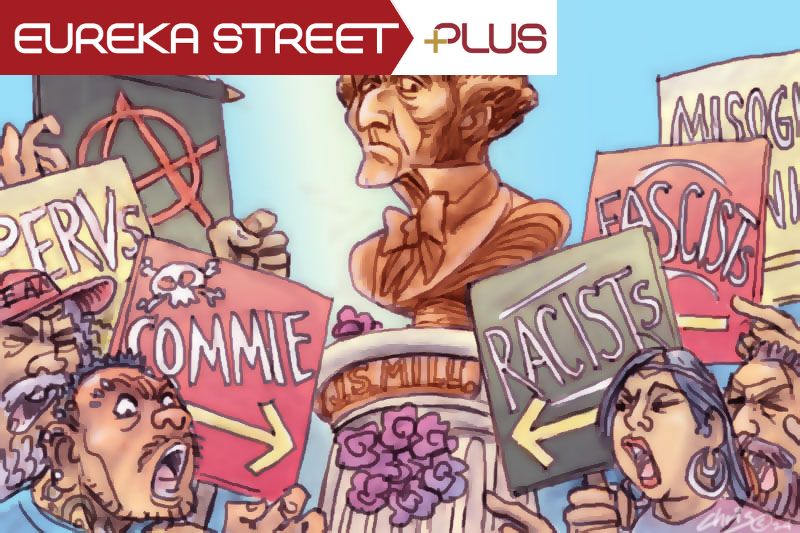
AUSTRALIA
- Russell Blackford
- 09 August 2024
2 Comments
Once the backbone of Western democracy, the philosophy championing free speech, tolerance, and civil political discourse is often reviled by those on both the Left and Right. In our desire for justice and meaning, is there a need to rediscover the principles that have long fostered human flourishing?
READ MORE 
-
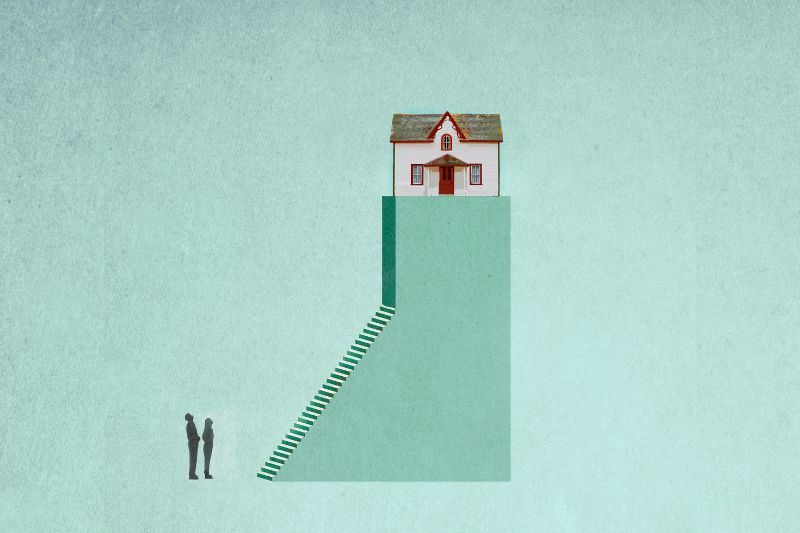
AUSTRALIA
- Mark Gaetani
- 08 August 2024
5 Comments
The Parliamentary Budget Office has unveiled the staggering cost of Australia's negative gearing and capital gains tax policies. As the housing affordability crisis deepens, critics question whether politicians' personal interests are hampering reform in a nation where one in five taxpayers owns investment property.
READ MORE
-
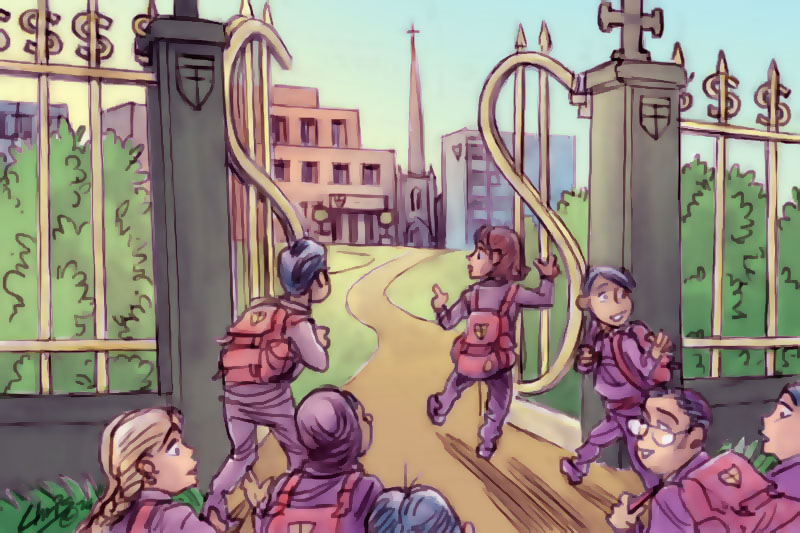
EDUCATION
- Chris Curtis
- 27 June 2024
5 Comments
In the new schools funding model, schools at the upper and middle parts of the parental income spectrum will find budgets getting tighter each year, and fees will likely increase. The worst affected schools will be those whose parents earn higher incomes but which have kept their fees low so that poorer families may also enrol their children.
READ MORE
-
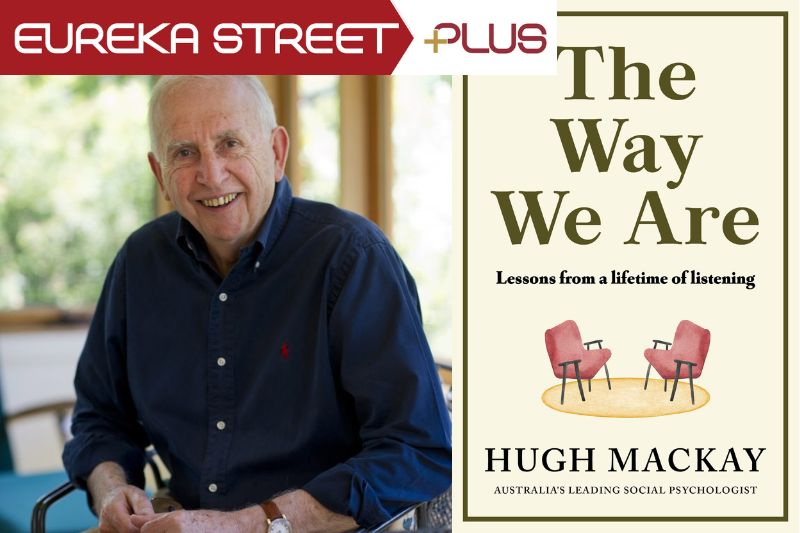
ARTS AND CULTURE
Social psychologist Hugh Mackay has been people-watching for more than 60 years. At 86 he has published The Way We Are: Lessons from a lifetime of listening, a compendium of his choicest insights on Australian life quarter-way through the new century.
READ MORE 
-

AUSTRALIA
- David Halliday
- 23 May 2024
2 Comments
In light of the gains made in lifting people out of poverty during the pandemic, it seems critics are justified in viewing this year’s budget with more than a little disappointment. I wonder, when it comes to the federal budget, who are we trying to serve?
READ MORE
-

ARTS AND CULTURE
- Michele Frankeni
- 21 May 2024
As someone who lately has been closer to witnessing the work of nurses and medical professionals than I’ve really wanted to be, I do not need persuading of their benefit to society. Perhaps every day should be ‘Hug a nurse day’.
READ MORE 
-

AUSTRALIA
- Tony Smith
- 30 January 2024
1 Comment
This rush to the missile age is part of a broader escalation of the arms race in previously peaceful regions, distancing countries like Australia and New Zealand from their roles as honest brokers in a nuclear-free Pacific.
READ MORE
-

INTERNATIONAL
- Alan Dowty
- 11 January 2024
In the midst of the fifth and deadliest war between Israel and Hamas, a retrospective analysis uncovers a history of missed chances and rising extremism that fueled this crisis. From Netanyahu's policies bolstering Hamas to declining support for the two-state solution, the situation raises a pivotal question: could a different approach have averted this catastrophe?
READ MORE 